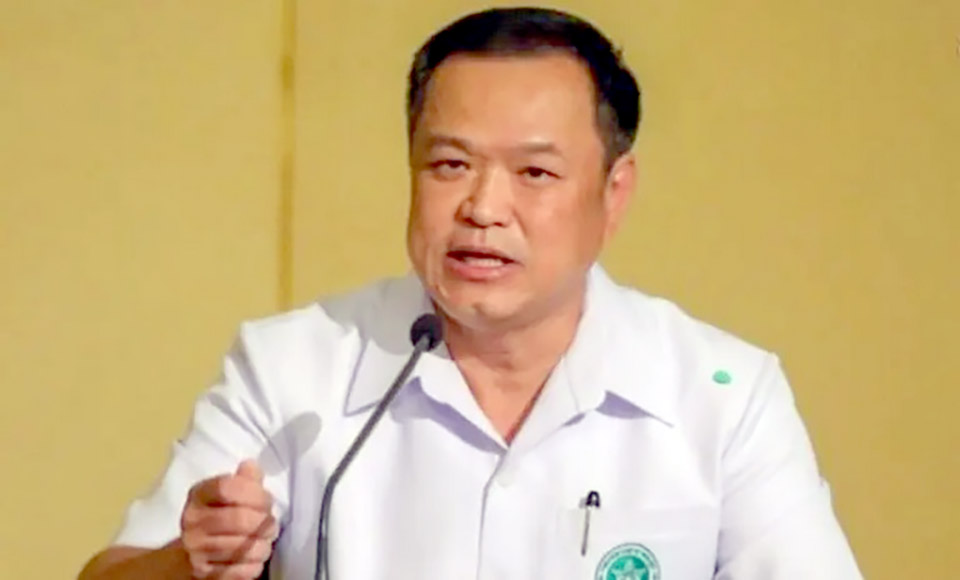
The Public Health Ministry will stop its daily reports on new COVID-19 cases and fatalities related to the disease on Oct 1 when COVID-19 will be defined as a communicable disease under surveillance instead of a dangerous communicable disease.
The ministry revealed its plan to end the daily COVID-19 figure reports as it announced measures to handle the disease after an end to the state of emergency imposed to cope with the pandemic and the dissolution of the Center for COVID-19 Situation Administration on Oct 1.
Public Health Minister Anutin Charnvirakul ordered provincial communicable committees to work out action plans to handle COVID-19 as a communicable disease under surveillance. He said that his ministry would relax disease control measures to facilitate tourism like other countries did.
The ministry will not require visitors to show the results of their COVID-19 tests and will stop its daily reports on COVID-19 figures. However, the ministry will continue to monitor the COVID-19 situation and investigate COVID-19 clusters.
Dr Sura Wisetsak, deputy permanent secretary for public health, said the Public Health Ministry had enough medicine and vaccines to cope with COVID-19 while COVID-19 cases occupied 6.6% of 73,000 hospital beds because 90% of COVID-19 cases had mild symptoms.
Dr Opas Karnkawinpong, director-general of the Department of Disease Control, said people would be vaccinated against COVID-19 once or twice annually at hospitals under the jurisdiction of the Public Health Ministry in provinces and at vaccination centers of Bangkok.
Dr Tares Krassanairawiwong, director-general of the Department of Health Service Support, said COVID-19 cases could claim treatment welfare in accordance their health security, government welfare or social security programs. Those with emergency conditions can receive free treatment under the Universal Coverage for Emergency Patients (UCEP) Plus program, he said. (NNT)
 |
 |
 |





